Do you need 3 inverters for 3-phase?
Do You Need 3 Inverters for 3-Phase?
Do you need 3 inverters for a 3-phase power system? This question often arises when differentiating between single-phase and three-phase power systems. Understanding the requirements and implications of 3-phase power is crucial for industrial and commercial applications. In this article, we will explore the necessity of using three inverters for a 3-phase power system and shed light on the advantages and disadvantages it brings.
1. The Basics of 3-Phase Power:
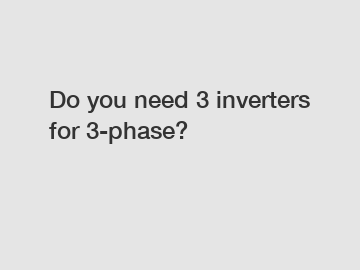
Before delving into the question at hand, let's briefly explain what a 3-phase power system entails. Unlike single-phase power, which contains only one sinusoidal voltage wave, 3-phase power incorporates three alternating sinusoidal voltage waves. These waves are typically 120 degrees apart from each other, and when combined, they provide a smoother and more efficient power supply. 3-phase power is commonly used in heavy machinery, industrial equipment, and high-power applications.
2. The Role of Inverters:
Inverters play a crucial role in converting direct current (DC) to alternating current (AC). In a 3-phase power system, inverters are responsible for converting the DC power generated by sources like solar panels or batteries into 3-phase AC power. They ensure a stable and consistent power supply, allowing various electrical devices to operate seamlessly. However, the number of inverters required for a 3-phase power system depends on the specific application and its demands.
3. Single Inverter vs. Multiple Inverters:
When it comes to a 3-phase power system, a single inverter can indeed be used. This solution is commonly referred to as a "central inverter." In such a configuration, the central inverter receives the DC power output from the solar panels or batteries and converts it into 3-phase AC power. This power is then distributed to the loads across the entire 3-phase system.
However, using a single inverter may not always be the optimal solution. In certain scenarios, using multiple inverters can offer various benefits, such as:
- Enhanced Reliability: Having multiple inverters provides redundancy, ensuring that the power supply remains stable even if one inverter fails. This can be crucial in critical applications where downtime is not an option.
- Increased Efficiency: With multiple inverters, power distribution can be more balanced across the system, preventing overloading and optimizing power flow.
- Scalability: Using multiple inverters allows for easy scalability as power demand increases. Additional inverters can be added to meet the growing requirements without disrupting the existing system.
4. Factors Influencing the Decision:
Deciding whether to use a single inverter or multiple inverters in a 3-phase power system depends on several factors:
- Power Load: The total power demand of the system is a primary consideration. If the load is relatively low, a single inverter may suffice. However, higher power requirements often necessitate multiple inverters to maintain a stable power supply.
- Application Criticality: In critical applications where reliability is essential, using multiple inverters is recommended. Redundancy ensures uninterrupted operations and minimizes the impact of potential failures.
- Technical Constraints: Physical constraints, such as the available space, may affect the choice of using multiple inverters. If space is limited, a single inverter might be the more practical option.
5. Conclusion:
So, do you need 3 inverters for a 3-phase power system? The answer depends on the specific requirements and conditions of your application. While a single inverter can be used, employing multiple inverters can provide added reliability, efficiency, and scalability. Analyze the power load, assess the criticality of your application, and consider any technical constraints before making a decision. For expert guidance, consult a reliable electrical engineering professional who can evaluate your needs and recommend the most suitable solution.
Remember, understanding the nuances of 3-phase power systems and their inverters is essential for establishing a robust and efficient electrical infrastructure.
Are you interested in learning more about inverter for 3 phase home, commercial pv inverter, energy storage inverter manufacturers? Contact us today to secure an expert consultation!
Related Articles

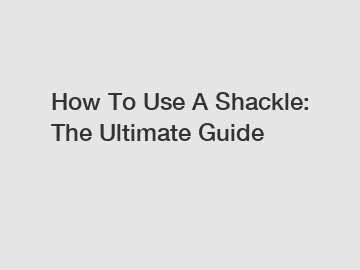
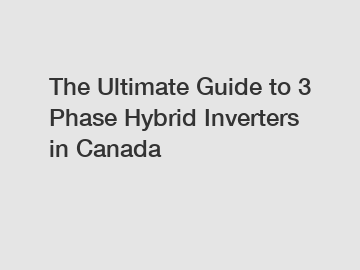
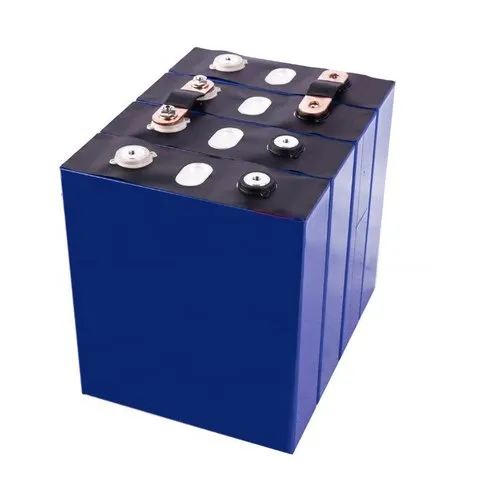

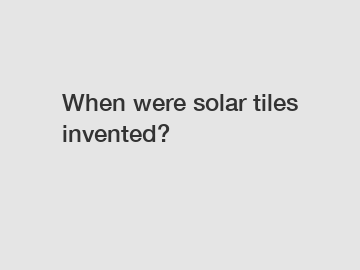
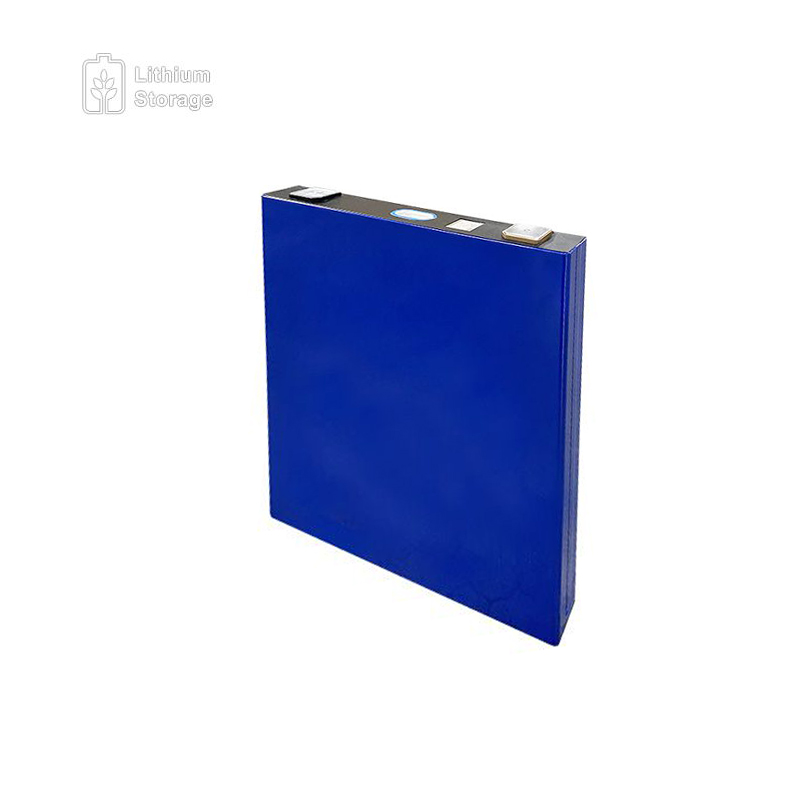

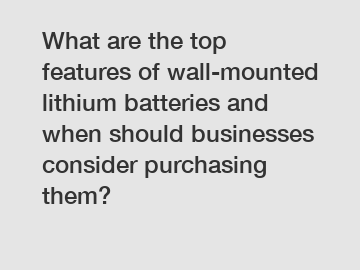
Comments